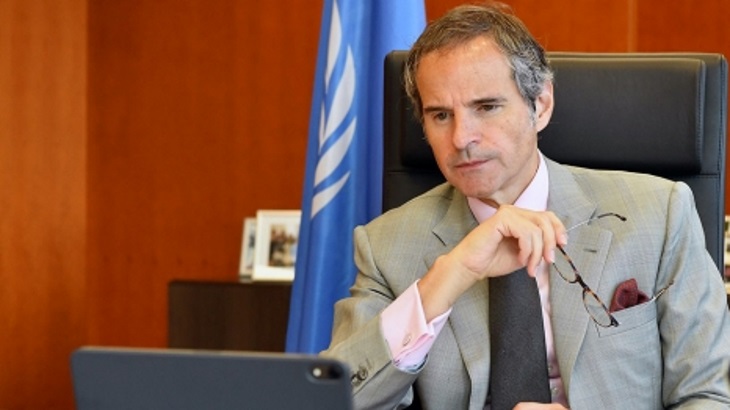An IAEA spokesman confirmed the development to World Nuclear News today: "IAEA Director General Rafael Mariano Grossi on Tuesday informed Member States about recent developments related to the IAEA's verification and monitoring activities in Iran under the Joint Comprehensive Plan of Action (JCPoA). In a report to Member States, Director General Grossi said Iran informed the IAEA on 15 February that the country will stop implementing voluntary transparency measures under the JCPoA as of 23 February, including the Additional Protocol. Director General Grossi has offered to travel to Iran in order to find a mutually agreeable solution for the Agency to continue essential verification work. The Director General is continuing to consult with Iran."
The Additional Protocol permits IAEA inspectors to visit undeclared sites in Iran at short notice, but on 15 February, Iran's Ministry of Foreign Affairs said it would cancel this commitment if there was no progress by the end of this month in Tehran's dispute with the USA over the re-imposition of economic sanctions by the previous administration under Donald Trump.
The former US president withdrew the USA from the JCPoA in May 2018. Last month, Tehran announced that it had begun enriching uranium to a purity level of 20%, which is five times the limit set by the JCPoA.
The new US administration under President Joe Biden has said it wants to return to the JCPoA if Iran first recommits to its own obligations.
On 7 February, in his first interview since taking office last month, Biden ruled out the prospect of lifting sanctions on Iran until it stopped enriching uranium. Asked during the interview with CBS Evening News, whether the USA will lift sanctions first in order to get Iran back to the negotiating table, Biden said "No". Asked if Iran would have to stop enriching uranium first, Biden nodded affirmatively.







_15863.jpg)







